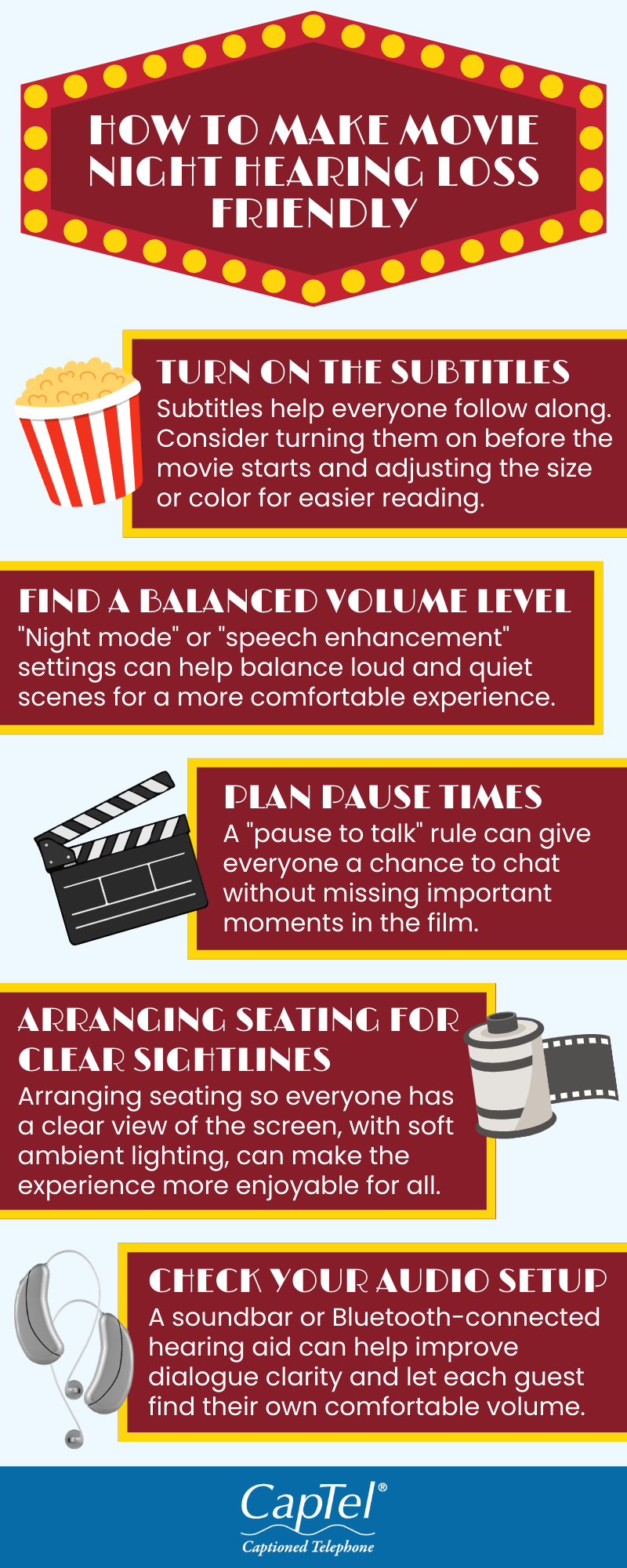If you’d like to get more involved with others or learn more about the hearing loss community, here are a few great resources to start your search.

Navigating hearing loss can feel like entering a new world, full of questions and new challenges, but you’re not alone. The hearing loss community is vibrant and supportive, offering a wealth of information, connections, and practical strategies for navigating life with hearing loss. If you’re looking to understand more about hearing loss, connect with others, or simply find tools to make communication easier, here are a few helpful resources to start your search.
National Organizations Dedicated to Hearing Loss
There are several national organizations that address different aspects of hearing loss support, encompassing social, health, business, and even research and academic interests. Consider a national organization that reflects your personal interests, goals, community, or communication preferences.
- Hearing Loss Association of America (HLAA): HLAA is a fantastic starting point. It’s the nation’s largest organization representing people with hearing loss. HLAA offers an incredible number of resources, from educational materials and advocacy efforts to a vast network of local chapters. The organization’s website provides a variety of information and can help you find a local chapter to connect with peers in your area for support and shared experiences. HLAA also has volunteer positions available if you’re looking for a more active leadership role in an organization.
- American Speech-Language-Hearing Association (ASHA): While ASHA primarily serves speech-language pathologists and audiologists, the public resources provided through its website are invaluable. You can find information about audiology services, types of hearing loss, and communication strategies, all backed by professional expertise. ASHA also hosts yearly conferences, open to the public, that cover new developments in hearing loss research and technology, best practices, and treatment trends in the hearing loss community.
- National Institute on Deafness and Other Communication Disorders (NIDCD): Part of the National Institutes of Health, NIDCD conducts and supports research on hearing, balance, taste, smell, voice, speech, and language. Its website offers in-depth, research-based information on various aspects of hearing loss and related conditions.
- Association of Late-Deafened Adults (ALDA): ALDA focuses on the unique needs of people who experience hearing loss later in life. It provides a crucial support network and resources for adults with acquired hearing loss. ALDA hosts an annual conference, ALDAcon, which offers workshops, social events, and peer support, helping members connect with others who share similar experiences.
- Alexander Graham Bell Association for the Deaf and Hard of Hearing (AGBell): AGBell supports individuals who are deaf or hard of hearing and use spoken language. It provides resources for families, focusing on children with hearing loss, advocating for listening and spoken language communication. The organization’s website offers a wealth of information for parents of children with hearing loss as well as professionals who are interested in this approach.
Local Chapters and Support Groups:
Beyond the national organizations, explore the power of local connections. Many communities have a local chapter or group that you can join to make friends, talk about hearing loss, share coping strategies, and more.
- HLAA Local Chapters: HLAA chapters are available in nearly 150 communities across the US, with additional “virtual” chapters that meet online. Chapters typically host meetings, workshops, and social events, providing a safe space to share experiences, learn from others, and feel understood. A quick search on HLAA’s website can help you find one near you. Be sure to keep an eye out for Walk4Hearing events HLAA hosts across the US, which are a great way to meet the larger hearing loss community in an area near you!
- Library Groups or Resources: Your local public library is often a valuable resource. Many libraries offer accessibility services, host support groups for various health conditions, or can help you find reliable information on hearing loss. Your group may decide that meeting at a library is a great location, or you may find support through other books and resources that the library can provide.
- Community Centers & Senior Centers: These centers often provide programs and resources tailored to the needs of older adults, including those with hearing loss. Look for social groups, informational sessions, or even technology demonstrations.
Embrace Learning and Communication Skills:
Empowering yourself with new communication skills can be a fun and exciting way to meet others in the hearing loss community, and help you learn a new skill to keep your mind sharp.
- American Sign Language (ASL) Classes: Learning ASL can open up a whole new world of communication and connect you with others in the hearing loss community. Many community colleges, universities, and private organizations offer ASL classes at various levels.
- Lipreading (Speechreading) Classes: Lipreading is a valuable skill that complements listening, allowing you to understand more of what’s being said by observing mouth movements, facial expressions, and body language. Many organizations and private instructors offer lipreading classes, both in-person and online.
Connect on Social Media:
The digital world offers numerous avenues for connection and information. Travel bloggers centered around hearing loss, hobby enthusiasts with an emphasis on inclusivity, and ASL-based cooking classes can all be found online.
- Hearing Loss Advocacy Groups: Many groups on platforms like Facebook are dedicated to sharing news, advocating for better accessibility, and providing a forum for discussion.
- Influencers and Bloggers: Follow individuals with hearing loss who share their personal journeys, tips, and insights. Their experiences can be incredibly relatable and offer practical advice.
- Organizations’ Social Media Pages: Keep up-to-date with the latest news, research, and events from organizations like HLAA and ASHA by following their social media accounts.
Learning about hearing loss is an ongoing journey, but you don’t have to navigate it alone. By exploring these resources, you can gain knowledge, find support, and discover tools that empower you to stay connected and meet others in your community. For more hearing loss tips and tricks, visit the CapTel blog.


